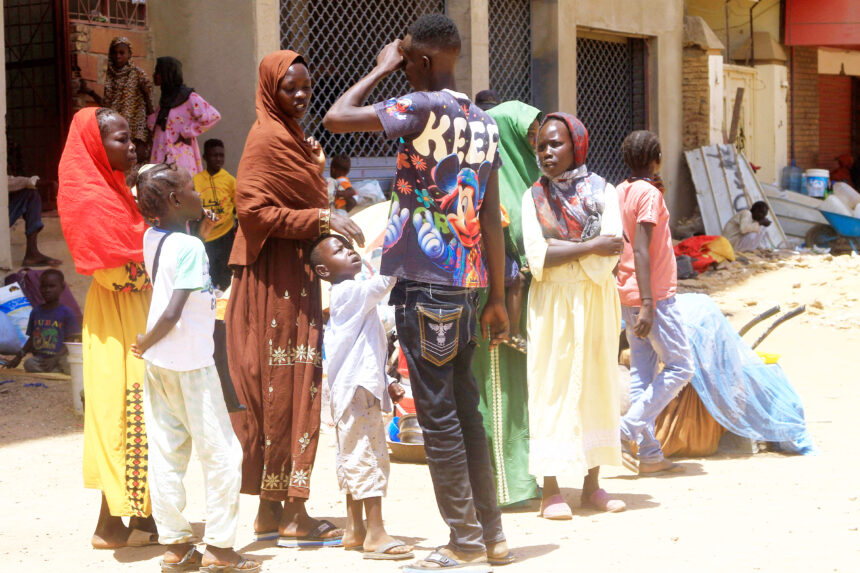KHARTOUM – Clashes erupted yesterday in Omdurman as Sudan’s army launched a “large-scale” offensive to dislodge the paramilitary Rapid Support Forces from its last positions in Khartoum state. Explosions were heard in eastern Omdurman, about 25 kilometres from RSF positions in the south and west of city, an AFP correspondent reported. The paramilitary forces had withdrawn there after losing control of central Khartoum in March.
The army said it began the push on Monday to retake those holdouts.
“We are pressing a large-scale operation, and we are close to clearing the whole of Khartoum state from the dirty thugs,” said army spokesman Nabil Abdallah.
The war, which began in April 2023, pits the military, led by Abdel Fattah al-Burhan, against the RSF, commanded by his former deputy Mohamed Hamdan Daglo.
The latest fighting comes as both sides seek to install rival governments.
On Monday, Burhan named former UN official Kamil Idris as prime minister, in what analysts see as an attempt to present a functioning civilian-led administration amid the ongoing war.
The African Union welcomed the appointment, calling it “a step towards inclusive governance”, and expressing hope the move would “restore constitutional order and democratic governance”.
Burhan also appointed two women as members of the ruling Transitional Sovereignty Council, and stripped the body of powers to oversee Cabinet. The moves were aimed at showing progress and appealing to the African Union after Sudan’s membership was suspended in 2021, said analyst Kholood Khair. Burhan wants to “maintain power but share liability… because everything is now blamed on him”, as he seeks to consolidate control as he was still reeling from attacks on his wartime capital, Port Sudan, Khair said.
In April, the RSF said it would form its own government in territory under its control, though analysts say it is unlikely to win international backing.
After a major battlefield victory in March when the army recaptured most of Khartoum, the RSF this month launched deep attacks into army-held territory.
Long-range drone strikes blamed on the paramilitaries have targeted key infrastructure in army-held northeastern Sudan, including the wartime capital Port Sudan and power stations supplying electricity to millions.
Relegated to their last major bases in Salha, south of Omdurman, and Ombada to the west, the RSF has launched attacks across Khartoum, including drone strikes on three power stations that knocked out electricity in the capital last week.
“The magnitude of these drone attacks represents a major escalation in the conflict, with alarming implications for civilian protection,” UN human rights’ expert Radhouane Nouicer said in a statement on Monday.
“The recurrent attacks on critical infrastructure place civilian lives at risk, worsen the humanitarian crisis, and undermine basic human rights.”
Since it began in April 2023, it has killed tens of thousands, uprooted 13 million, and created the world’s largest hunger and displacement crises.
It has also effectively carved Africa’s third-largest country into two, with the army holding the centre, north and east, while the RSF controls nearly all of the vast western region of Darfur and, with its allies, parts of the south.
– Nampa/AFP


